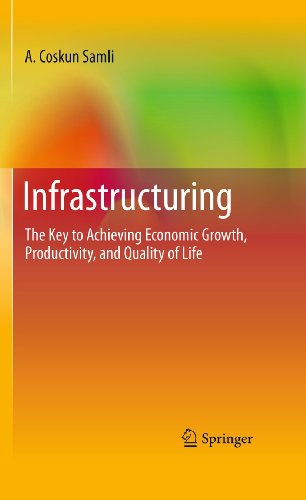

Most ebook files are in PDF format, so you can easily read them using various software such as Foxit Reader or directly on the Google Chrome browser.
Some ebook files are released by publishers in other formats such as .awz, .mobi, .epub, .fb2, etc. You may need to install specific software to read these formats on mobile/PC, such as Calibre.
Please read the tutorial at this link: https://ebookbell.com/faq
We offer FREE conversion to the popular formats you request; however, this may take some time. Therefore, right after payment, please email us, and we will try to provide the service as quickly as possible.
For some exceptional file formats or broken links (if any), please refrain from opening any disputes. Instead, email us first, and we will try to assist within a maximum of 6 hours.
EbookBell Team

4.4
22 reviewsThe recent global financial crisis has intensified concerns over how nations—both developed and developing—can revitalize economic growth and ensure opportunity for prosperity to all citizens. Many analysts and policymakers alike are looking to new business creation and the promotion of entrepreneurial practices as a panacea, or at least as a partial solution. A. Coskun Samli has argued in his two most recent books that the current model of globalization tends to marginalize the poor and that developing countries must rely on local business development, rather than exogenous forces, such as aid, loans, and trade, to catalyze growth. This third book in his trilogy argues that a "bottom-up" approach is necessary for developing countries to participate in globalization—but is not sufficient. He proposes that the economic goals of a country, a region, or a company are fulfilled first and foremost by a properly designed and maintained infrastructure, encompassing both physical elements, such as transportation and communication systems, and qualitative elements, such as functioning educational, legal, and governing institutions. In Infrastructuring, Samli analyzes the experiences of a variety of countries, including China, India, Ireland, and South Africa, to highlight the role that infrastructure plays in economic development, and considers its implications for such timely issues as new business creation, productivity, and supply chain logistics. Moreover, he outlines practical approaches to infrastructure management and policy oversight.